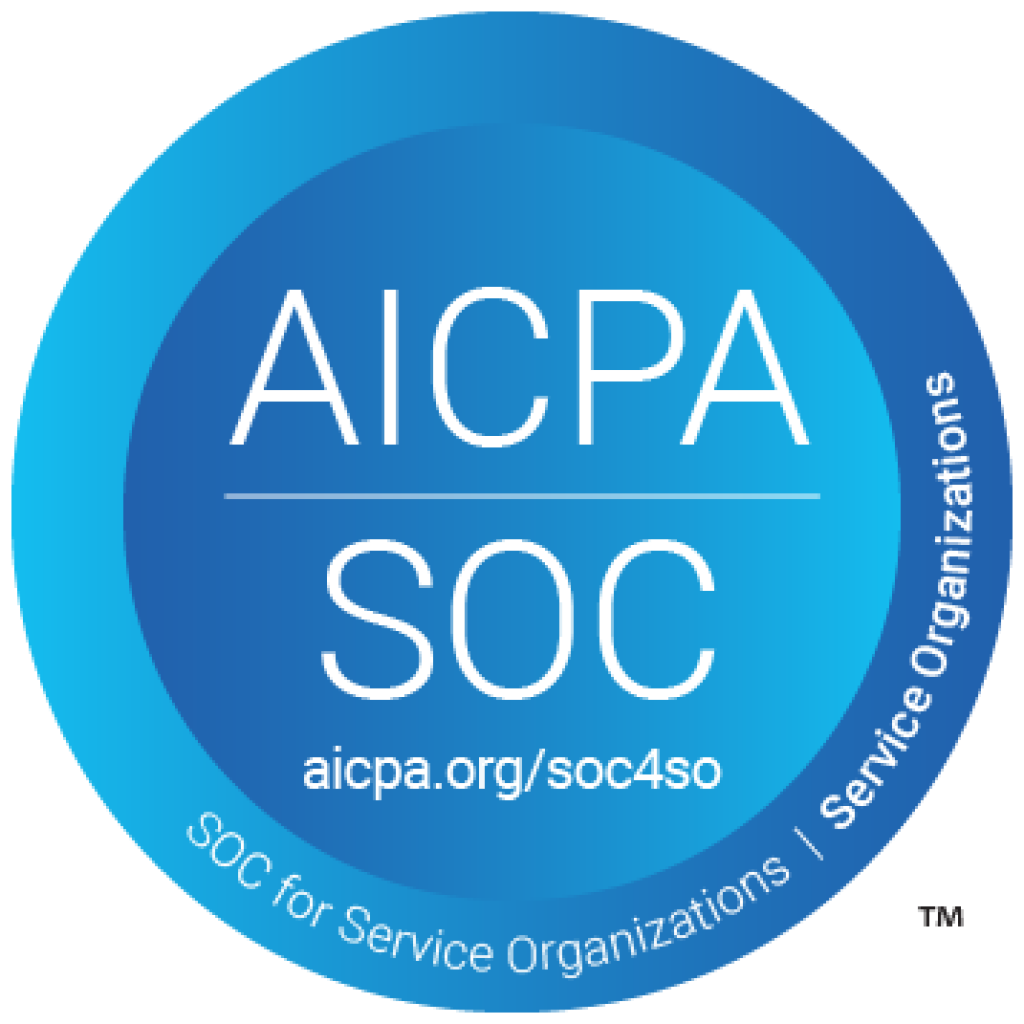5 Keys to Being HIPAA Compliant with Your PHI
One of the challenges in operating a healthcare practice is maintaining HIPAA compliance for Protected Health Information (PHI). Even though proactive compliance might seem like a burden, the reality is that this implementation is a must to avoid expensive fines and lawsuits, and keeping the trust of your clients. HIPAA compliance is mandated for all medical providers, which means it must be a priority in your office.
Whether you are implementing a new system or looking for ways to improve your current privacy practices, several essential factors must be considered. Here are a few important steps that need to be an integral part of your HIPAA compliance efforts:
1. Designate an Officer
One or two people in the office should be assigned to take responsibility for overseeing HIPAA compliance. The compliance officer oversees the development and implementation of your program. It is important that the person (or people) assigned to this task receives specific training and resources related to HIPAA compliance.
As with other tasks, it’s easy for the details to fall through the cracks if you aren’t deliberate about assigning responsibilities to specific staff members. In fact, if you do not have a designated Privacy and Security Officer, you may not be HIPAA compliant.
2. Define In-Office HIPPA Procedures
Now it’s time to design a system of policies and procedures that manage the workforce expectations. How will your office handle medical record requests, passwords, and data storage? Clear guidelines need to be documented, giving staff detailed information about how to handle PHI. Not only does this policy need to be in place, but it also needs to be implemented immediately and strongly enforced. When needed, your HIPAA policies and procedures should be updated regularly.
3. Complete a Risk Assessment
Where are the potential weak points in your systems? A thorough risk assessment should be performed to look for vulnerabilities in the workplace and electronic devices. The goal is to identify potential risk areas related to the availability, integrity, and confidentiality of patient information.
In addition to evaluating the potential risk of theft and hacking, also consider potential natural disaster threats. This assessment can be handled internally, or you can hire an outside resource to look at your systems from a third-party perspective.
4. Train Your Staff
Your HIPAA compliance policies won’t mean much if your staff doesn’t adhere to the guidelines. All staff members must be trained on HIPAA regulations, as well as the specific systems and policies within your office. Provide detailed training for all departments, with a focus on the specific policies and procedures that pertain to the daily activities of each department.
Training should always be provided when onboarding new employees. Additional ongoing training ensures that your staff is always up-to-date on current policies. The best approach is to have a specific training schedule in place so future training doesn’t get overlooked.
5. Agreement and Business Relationships
Do you have contractors or vendors who assist with your business? When these outside contractors have access to your PHI, they fall under your privacy requirements. Vendors or contractors who perform services related to PHI are known as “Business Associates”. This category can include much of your support team: cloud storage services, third-party billing services, attorneys, email service providers, and more. Agreements need to be in place with these vendors, which means that they need to have updated compliance plans in place as well.
HIPAA Compliant Record Release
At RecordQuest, we make it easy to maintain the highest levels of HIPAA compliance. Our services provide a compliant way to submit, review, and release patient records. If you’d like to learn more about the benefits, contact us to schedule a time for a demo.




